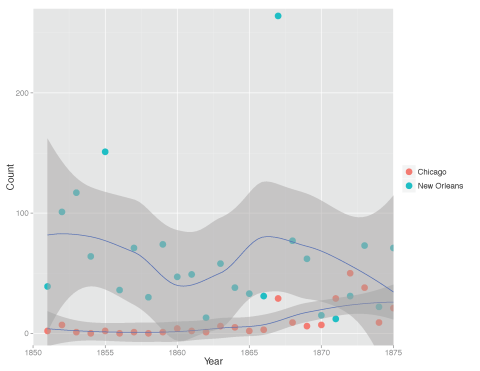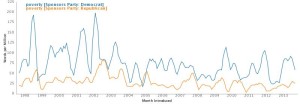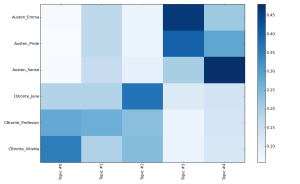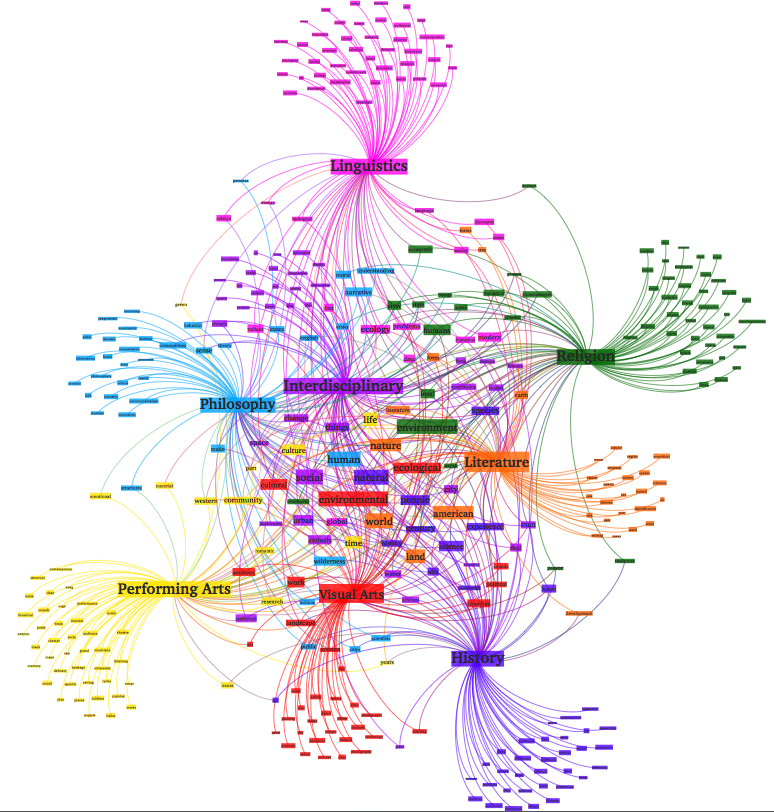Digital Humanities 2015 (DH2015) is now finishing up. I have been keeping my conference notes here.
The conference was held on the lovely campus of the University of Western Sydney. I was part of a couple of events and papers at this conference including:
- News Scholars Symposium: With Rachel Hendry, I helped organize a pre-conference event for new scholars. This was supported by CHCI, centerNet, the Kule Institute for Advanced Study and the University of Western Sydney.
- I participated in a public panel on Building Communities and Networks in the Humanities where I talked about some of the forms of public engagement that we are trying at the Kule Institute including the Around the World Conference.
- I helped Stéfan Sinclair with a workshop on Voyant 2.0 (link goes to current version which will soon be 2.0).
- I gave a paper with Stéfan Sinclair on “Talking about Programming the Digital Humanities” that traced a history of the discussion about programming and tools in the digital humanities.
- Finally, John Montague gave a paper on “Exploring Large Datasets with Topic Model Visualizations” that I was involved in. This paper discussed a visualization for exploring the results of topic modelling that you can try in prototype here.
It is hard to summarize a whole conference, but I would note some of the questions that the new scholars posed in the unconference are worth thinking about:
- How does one learn about the field of digital humanities?
- How does one learn skills in the digital humanities?
- How does one teach the digital humanities?
- What are the ethical issues in digital work in the humanities?




